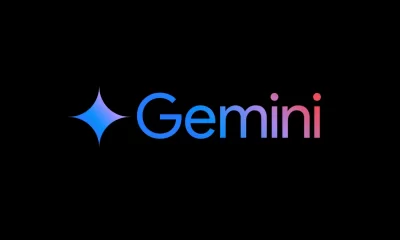A deep dive into Google Home and Nest command failures
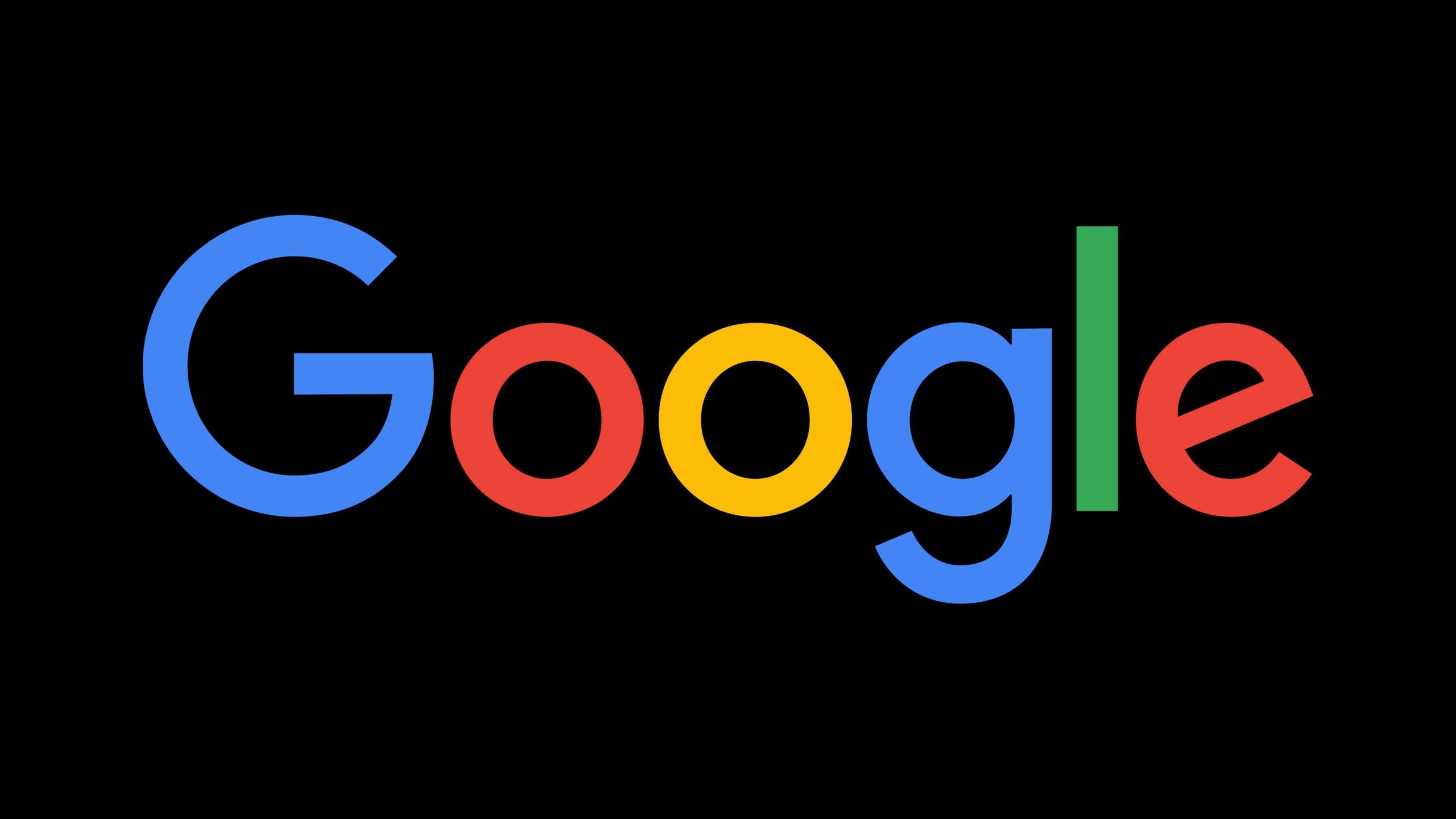
The promise of a smart home, ever-ready to answer our questions and fulfill our commands, has become a reality for many. Google’s Nest and Home speakers, powered by the versatile Google Assistant, have been at the forefront of this revolution. However, recent reports paint a picture of unexpected silence, with many users experiencing a frustrating inability to get their devices to respond to even the most basic commands. This isn’t a minor glitch; it’s a widespread issue affecting a significant portion of the user base, raising questions about the reliability of our increasingly interconnected homes.
This peculiar problem seems to have emerged around the holiday season, with reports escalating in the early days of the new year. Imagine asking your smart speaker, “What’s the weather?” or “What time is it?” only to be met with an unnerving silence. This is the reality for many users, whose Google Home and Nest devices appear to process the command – the lights might flicker, indicating activity – but ultimately fail to deliver a response. It’s as if the digital voice has suddenly gone mute.
The issue appears to be primarily focused on these fundamental, everyday commands. While more complex requests might still function, the inability to perform these simple tasks disrupts the core functionality of these devices. It’s akin to a phone that can browse the internet but can’t make calls – a significant impairment.
The first whispers of this problem surfaced on Google’s support forums as early as December 30th, with users pinpointing the onset of the issue to a few days prior. Since then, the volume of complaints has steadily grown, painting a clearer picture of a widespread problem. Reports are not isolated incidents; they’re coming from users across various regions, suggesting the issue isn’t tied to a specific geographical location or server.
This isn’t just anecdotal evidence from frustrated users. Independent investigations have corroborated these claims. Several tech publications, including Android Authority, have successfully replicated the issue, further solidifying the fact that this is a genuine problem affecting a substantial number of devices. The comments sections of these reports are flooded with similar experiences, with users confirming the same silent treatment from their Google Home and Nest devices.
What’s particularly perplexing is the seemingly random nature of the problem. While a significant portion of users are affected, others, including some involved in testing for this article, haven’t been able to reproduce the issue. This inconsistency makes troubleshooting and identifying the root cause significantly more challenging. It’s not a simple case of a single faulty update or a widespread server outage; the problem seems to be more nuanced.
The affected devices span a range of Google’s smart speaker and display lineup. Reports have surfaced involving the Google Home, Nest Hub Max, Home Mini, Nest Audio, and the standard Nest Hub. This broad range of affected hardware suggests the problem lies within the software or a shared service rather than a specific hardware flaw.
Several possible explanations could be at play. A recent software update, intended to improve performance or add new features, could have inadvertently introduced a bug affecting command processing. Alternatively, a temporary issue with Google’s servers, responsible for interpreting and executing voice commands, could be the culprit. Network congestion during the holiday period, placing extra strain on these servers, might have also contributed to the problem.
Whatever the cause, the impact on users is undeniable. These devices have become integral parts of many households, streamlining daily tasks and providing quick access to information. Their sudden silence disrupts routines and erodes trust in the reliability of smart home technology.
Google has yet to issue an official statement acknowledging the problem or outlining a solution. However, given the growing number of reports and the independent verification of the issue, it’s likely that they are actively investigating the root cause. A swift and effective resolution is crucial to restore user confidence and maintain the reputation of Google’s smart home ecosystem.
This episode serves as a reminder of the inherent complexities of interconnected technology. While the convenience and capabilities of smart devices are undeniable, they are also susceptible to unforeseen issues. As we increasingly rely on these technologies, ensuring their reliability and providing prompt support when problems arise becomes paramount. The silence of the smart speakers is a call for greater transparency and accountability in the rapidly evolving world of smart home technology.
Android
How to stop phone link from hiding private notifications
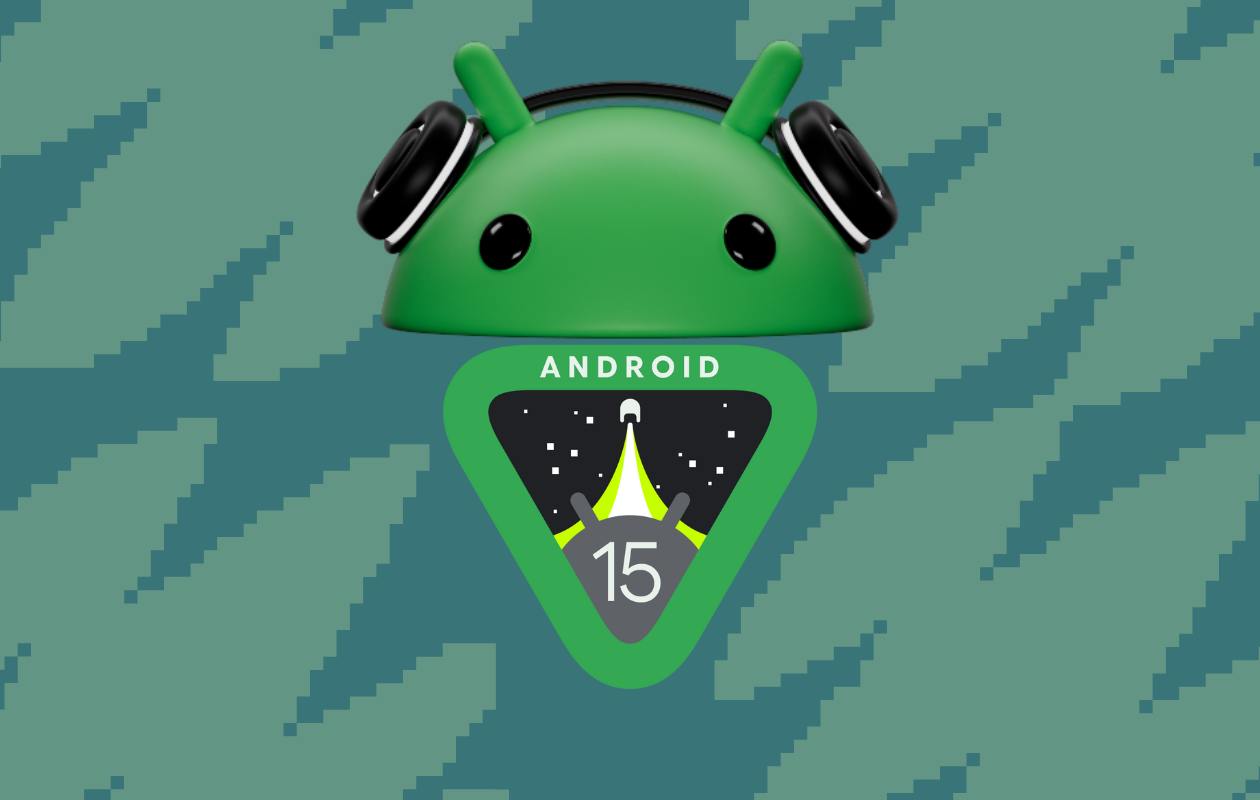
If you use Phone Link to connect your Android phone to your Windows PC, you might notice some notifications don’t show all the details. This happens because of a security feature that hides sensitive info, like message content, to keep it safe. But if you trust your setup and want to see everything, you can tweak it easily.
First, open the Phone Link app on your Windows computer. Click the gear icon in the top-right corner to go to Settings. Next, find the “Features” section and pick “Notifications.” Look for an option called “Show notification details” or something similar—it might say “Hide sensitive content” instead. Turn this off by flipping the switch or unchecking the box.
Now, your notifications should show all the info, like full text messages, right on your PC screen. Just remember: if your computer isn’t private, anyone nearby might see these details too. So, only do this if you’re okay with that risk. This simple change lets you enjoy Phone Link without missing out on what’s in your alerts!
New Gemini features coming to Android phones
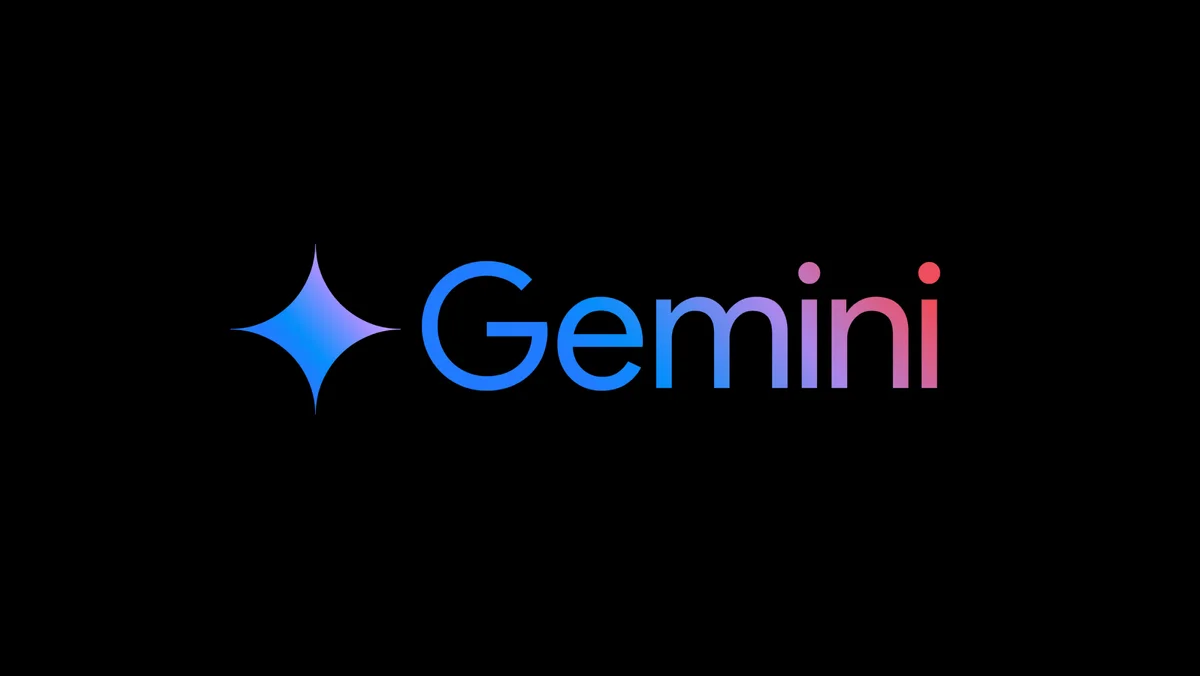
Exciting news for Android users! Google is bringing some cool updates to its Gemini app. Soon, you’ll be able to use your phone’s camera with Gemini Live, a feature that lets you talk to the app and get help in real time. Imagine pointing your camera at something and asking questions about it—pretty handy, right?
This will work on any Android phone, so no one misses out. Plus, there’s a small but nice change: the Gemini app is getting a fresh new icon. It’s a simple update, but it makes the app look sharper and more modern on your home screen. These changes show Google’s effort to make Gemini more useful and fun for everyone.
Both updates are rolling out soon, with the camera feature starting first. Whether you love trying new tech or just want an easier way to get answers, these upgrades are worth checking out. Keep an eye on your phone for the new icon and camera option—it’s all about making your Android experience better!
New look for Fitbit health and Google Keep tools

Fitbit has updated its Health Metrics page on Android, making it simpler and nicer to use. This section tracks things like breathing, heart rate, and oxygen levels. Before, it had two tabs: one for today’s stats and one for trends over time. Now, it’s all on one page, showing today’s numbers first with a clear dial.
You can tap each stat to see weekly, monthly, or yearly charts, plus a short explanation. The update is rolling out with Fitbit app version 4.39.2, though some users might need to wait a bit. Meanwhile, Google Keep is refreshing its Android widget to look more modern.
The “Quick Capture” widget, which helps you jot down notes fast, is getting taller and fuller. The plus sign for new notes now sits in a slim pill shape, and other icons—like for lists or drawings—are in neat boxes. This change matches Google’s latest design ideas but isn’t fully live yet—it shows up briefly when you add the widget. Both updates aim to make these tools easier and more fun to use every day.
-

 Apps1 year ago
Apps1 year agoGboard Proofread feature will support selected text
-

 News1 year ago
News1 year agoSamsung USA crafting One UI 6.1.1
-

 News1 year ago
News1 year agoBreaking: Samsung Galaxy S22 may get Galaxy AI features
-
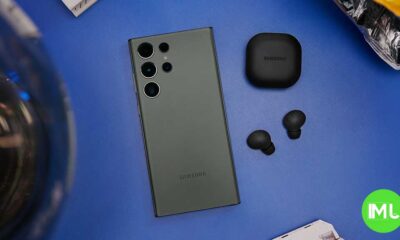
 News1 year ago
News1 year agoSamsung Galaxy S23 Ultra with One UI 6.1 and all S24 AI features revealed
-

 News1 year ago
News1 year agoOne UI 6.1 Auracast (Bluetooth LE Audio) feature coming to many Samsung phones
-

 News1 year ago
News1 year agoSatellite SOS feature coming to Google Pixel phones, evidence leaked
-
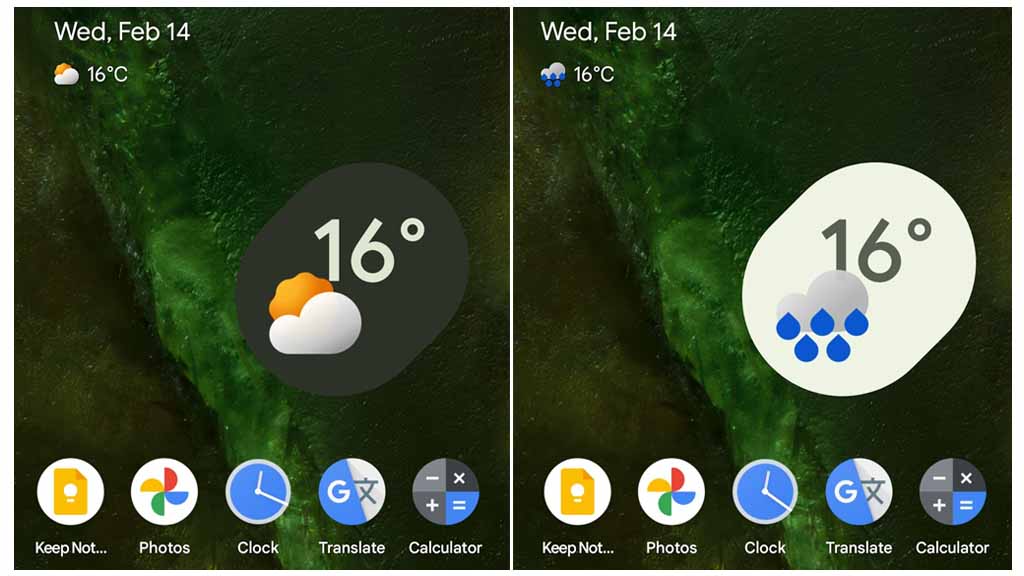
 Apps10 months ago
Apps10 months agoGoogle’s fancy new Weather app is finally available for more Android phones
-
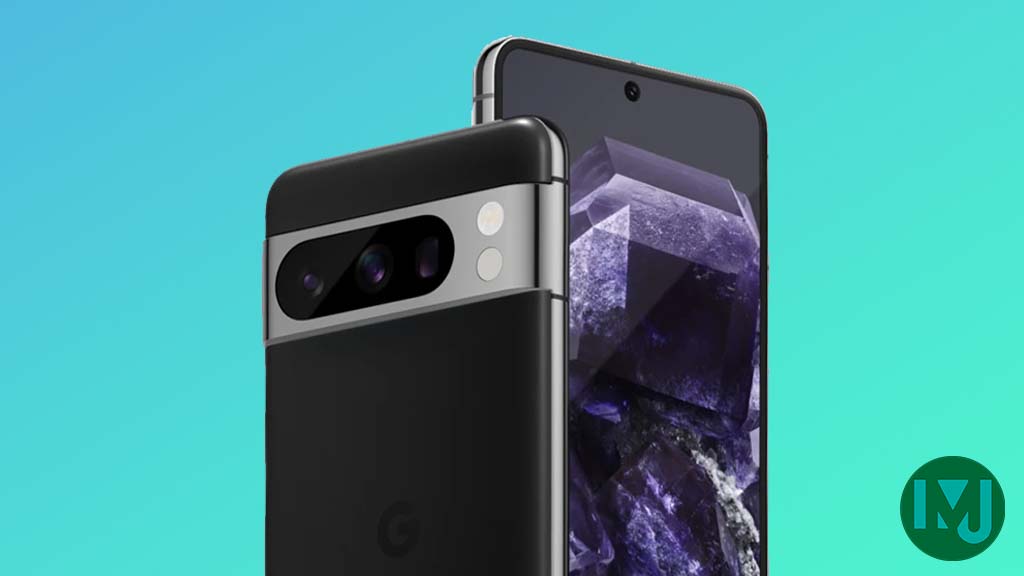
 News1 year ago
News1 year agoGoogle Pixel evolves as Europe’s third best selling flagship





